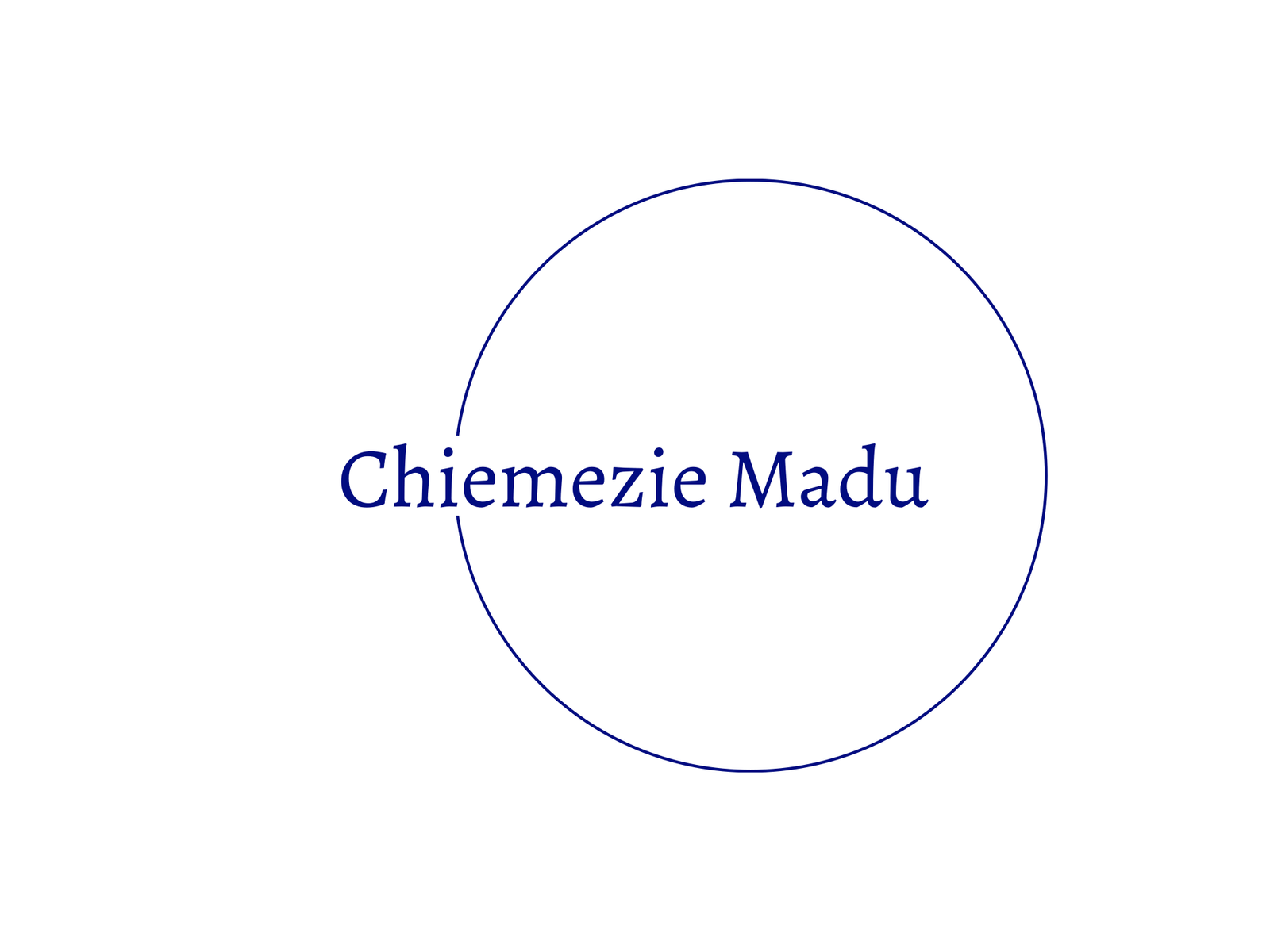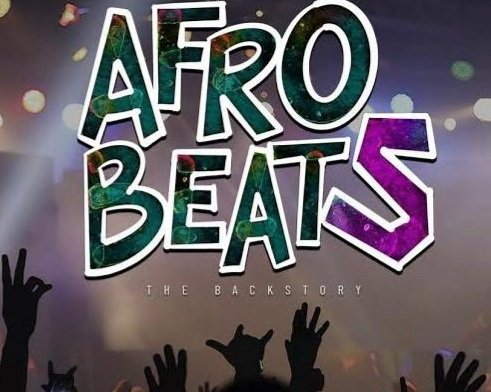I recently stumbled onto the documentary/docu-series, Afrobeats: the backstory, on a lazy evening when I was rummaging through Netflix for anything interesting to watch. The title caught my attention and I decided to give it a try. The first kudos to the movie producer/director, Ayo Shonaiya, is the fact that the movie seizes your attention from the first scene, a rarity in the Nigerian art world. From scene 1, Ayo showed that he meant business. And the fact that I binge-watched it means the movie deserves laudation.
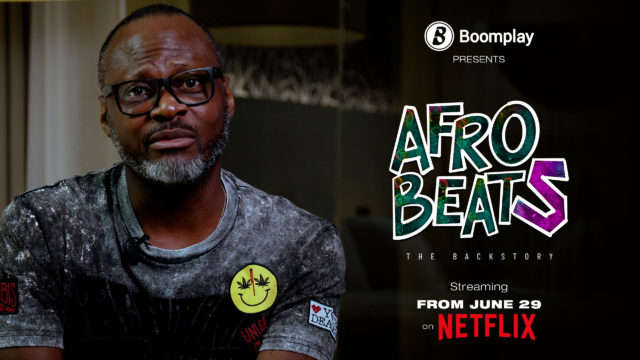
Before I go any further, I think Ayo Shonaiya deserves a national commendation for promoting Nigeria and Nigerian music in that documentary in such a way that even our ministries of tourism would be envious. He offered a great deal of service to the world of Afrobeats and African music in general by producing that documentary. What more, by putting faces to the names of backstage crew such as music producers and event managers, he automatically elevated their celebrity status. Before now I couldn’t picture people like ID Cabasa or Sess. In fact I had never heard of Sess and I was shocked to discover he was the producer of those beautiful songs.
The quality of the production was very good. The camera, lighting, and sound were top notch. There was also good use of colors. In fact I think the use of color and sound in the first scene, especially in the clip of Idris Elba’s introduction of Davido at the 30BG concert, played a major role in capturing one’s attention early in the documentary.

The editing was very good. I like the fact that the interviews were not presented as continuous acts but fragmented into pieces and inserted where relevant depending on the topic being discussed. Ayo showed he was a veteran in video production there. For instance, you see Obi Asika very early in the movie (episode 1) discussing the genesis of Afrobeats as a genre, then he reappears towards the end (episode 12) when the controversy surrounding the origin of the name, Afrobeats, was being discussed.

The costume was very good also. The artistes were garishly dressed. I think K-Cee Limpopo carried the day in ostentation. Niyola’s make-up was quite extreme and I think it didn’t help matters that the quality of the camera and lighting revealed the artificiality of her make-up.
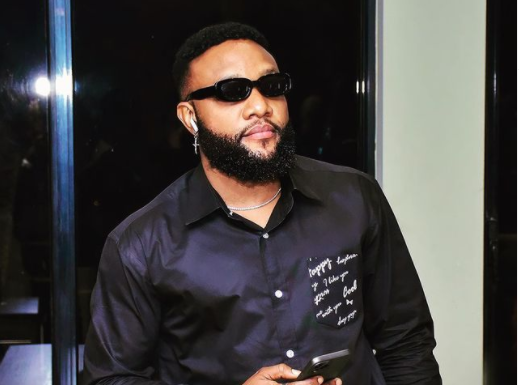
Ayo’s reach and resourcefulness in producing the documentary must be commended. His interviewees spanned the globe, from Africa to Europe to America. The effort and resources that must have gone into producing the movie must be gargantuan.
The content of the documentary itself is superb, carefully packaged, and very informative. I cannot even begin to list all the new knowledge I learned from the movie. I’d never heard of Junior and Pretty before now nor did I know about D’Banj and Don Jazzy’s Solek crew in London. I also discovered that Eldee (the Don) is highly under-appreciated in the industry. He actually played a pivotal role in the founding of Afrobeats. No wonder he recently said it is disrespectful to credit the success of Afrobeats to Beyonce.
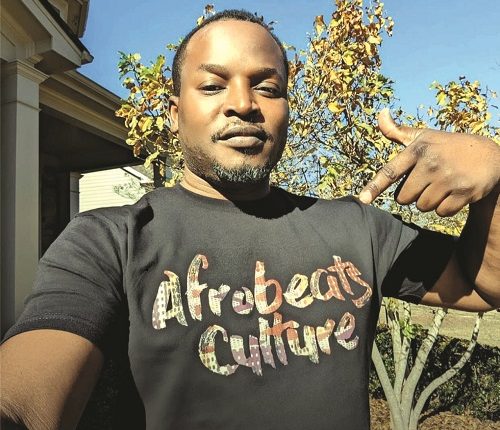
The documentary also revealed why new-generation songs are lyrically scant. You hear artistes saying things like they just looked out of the window in the studio and saw a woman’s backside and made a song out of it. Very few, perhaps only a handful of our artistes are real poetic, lyricists. In the documentary you’ll notice the progression from when Afrobeats went from being lyrical to just being about only the beats. People walk into a studio with only 3 lines these days and make a song out of it.
My best part of the documentary is the nostalgia that came with it. It brought back memories of old songs from plantation boyz, Faze, 2Face, Paul Play, etc albums of the early 2000s, reminding me of the good old days in secondary school.
Commendably also, Ayo tried very hard to avoid stirring up any controversies in the documentary and he did this very well. He also added a touch of comedy now and again, the funniest being how 9ice became an item with his manager, Toni Payne.

However my first and strongest dissatisfaction with the documentary would be that TuFace wasn’t credited enough. For avoidance of any doubt, you cannot talk of contemporary Afrobeats without mentioning African Queen and Tuface. One of the interviewees mentioned it once, but that wasn’t enough. Tuface revolutionized Afrobeats. I’m tempted to say that without Tuface there’ll be no Afrobeats, at least not as we have it today. If Fela is the Abraham of Afrobeats, and Burna, Davido and Wizkid are the messiahs, then Tuface is the John the Baptist. He ushered in the new era we are witnessing today. He put Afrobeats on the world map at the turn of the millennium. I think it’s unfair to give D’Banj more credit for Afrobeats than Tuface as the documentary did. Perhaps there were other reasons Tuface wasn’t interviewed (maybe he couldn’t be reached), but if it is an omission, then it is a costly one.

Secondly, I found the documentary was quite Yoruba-centric, perhaps because the producer/director is Yoruba. While not debating the fact that the Nigerian music industry is heavily dominated by Yoruba artistes, I think any documentary on Afrobeats must be more encompassing. An Afrobeat documentary that doesn’t feature the likes of Phyno, Flavor, Patoranking, Tekno, Timaya etc is quite incomplete in my opinion.
Thirdly, I think the documentary was a tad too long. There were a bunch of uninteresting parts and repetitions that could do either be shortened or chucked off completely. I also think the issue of Afrobeat with the ‘s’ and without the ‘s’ dragged on for too long.
Fourth, I think the progression of the story was unnecessarily complicated at a point. For example the argument on the origin of the name should have come early in first two episodes, not at the end.
On the whole, the movie is worth every second. Big congratulations to Ayo Shonaiya and his team for an excellent piece of work.
